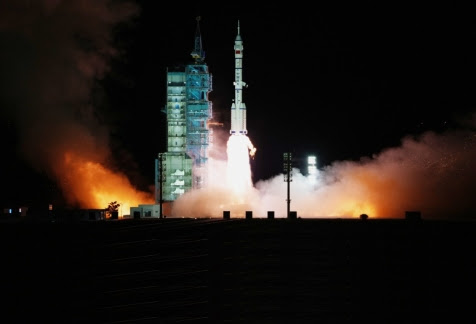Author: State Council Information Office of the People’s Republic of China
Organization/Publisher: Xinhua
Date/Place: January 28, 2022/ Beijing
Type of Literature: White Paper
Word Count: 7600
Link: https://english.news.cn/20220128/6b7a3f42392949778b334ae12a8c93c9/c.html
Keywords: China, Space Program, White Paper, and 2021
Brief:
China is the third country to complete its own space station besides the US and Russia. The race for space activities has seen an uptick in the recent past and China says the world has “entered a new stage of rapid development and profound transformation” in space that “will have a major and far-reaching impact on human society.” Armed with its own space station, it gives enhanced advantages in order to rival nations and expand its influence. The unprecedented development in military technology, laced with Artificial Intelligence, has come with an increased launching of satellites. The successful launch of its BeiDou Navigation Satellite System (BNSS), gives China an advantage to independently maintain and operate satellites and provide navigation services to other nations. Beijing’s race for space took hold in 2016 and this White Paper explains China’s capacity to “better understand, freely access, efficiently use, and effectively manage space,” as well as “defending national security, lead self-reliance and self-improvement efforts in science and technology.” China has completed some 207 space missions in 400 launches through 183 Long March carrier rocket series since 2016. China insists to “safeguard outer space security” and has coordinated the development of its BNSS – which provides services include positioning, navigation, timing, regional and global short-message communication, global search and rescue, ground-based and satellite-based augmentation, and precise point positioning – with the US’ Global Positioning System (GPS), Russia’s GLONASS system, and Europe’s Galileo system. In a brief time, Beijing has signed 46 space cooperation agreements with around 19 countries and regions and four international organizations. China has built satellite research and development infrastructure with countries including Egypt, Pakistan and Nigeria. Beijing’s space program has also resulted in the Belt and Road Initiative (BRI) Space Information Corridor and “opened China’s space facilities to developing countries”. BRI is the multi-billion-dollar development and infrastructure rolled out by China in dozens of countries.
By: Riyaz ul Khaliq, CIGA Non-resident Research Associate




